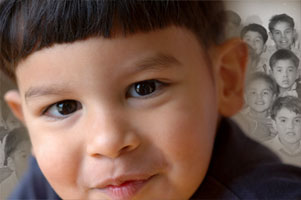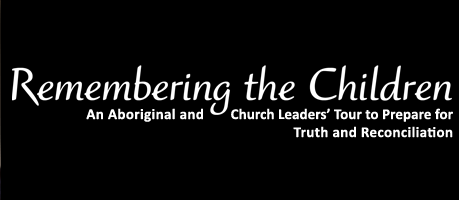

You are here:
The United Church of Canada Apologies to First Nations Peoples
In 1986 the Moderator apologized to First Nations Peoples for the times in which the church had linked acceptance of European culture and the corresponding suppression of First Nations cultures to the sharing of the gospel of Jesus Christ. (While there was no direct reference to residential schools in this apology, it is clear that the school system was an integral part of the national policy of assimilation.)
The apology was acknowledged but not accepted, and at the 39th General Council, 1988, a response to the apology was made by Mrs. Edith Memnook, a representative of the All Native Circle Conference.
In 1997 the General Council committed the church to a journey of repentance in relation to its role in the residential schools system. In 1998, the General Council Executive formally apologized for its complicity in the system. It did so because the church had heard the stories of suffering wrought by the separation of children from communities and families, the suppression of culture and spirituality, and cases of sexual and physical abuse which occurred in many residential schools. The apology arose out of a sense of a corporate sin of commission for those times in which we had participated in the system. It was also tied to the sin of omission for those times in which we had not spoken out corporately against the national policies and practices which gave rise to and sustained the school system.
It is important to note that an acknowledgement of wrongdoing is just the first step in walking the road of repentance. Apologies need to be followed by concrete acts that demonstrate that the church is committed to living in a new way in its relations with First Nations peoples.
It is also important that, wherever possible, words of apology are lifted from the printed text and spoken person to person, church to First Nation. It is for this reason that the General Council in 2000 commissioned past Moderators to deliver words of apology on behalf of the church, In 2006, General Council asked the current Moderator to make visiting First Nations a priority. United Church representatives have also been committed to this walk whenever they are requested to attend Independent Assessment Process hearings or Alternative Dispute Resolution hearings.
The 1986 and 1998 apologies have been translated and printed in the following native languages: Oji-Cree, TH Cree, Swampy Cree, Plains Cree Y, Ojibway, Mohawk, and Oneida.
They are also available in Chinese, Japanese, and Korean.